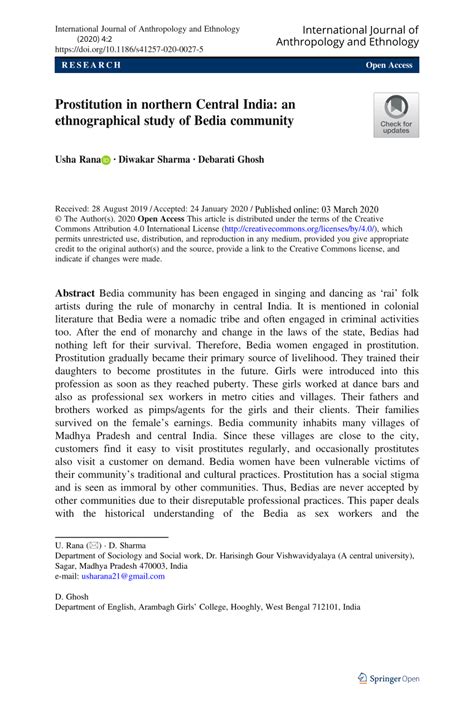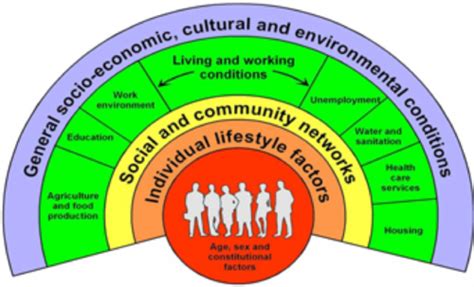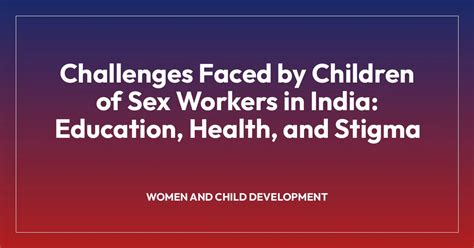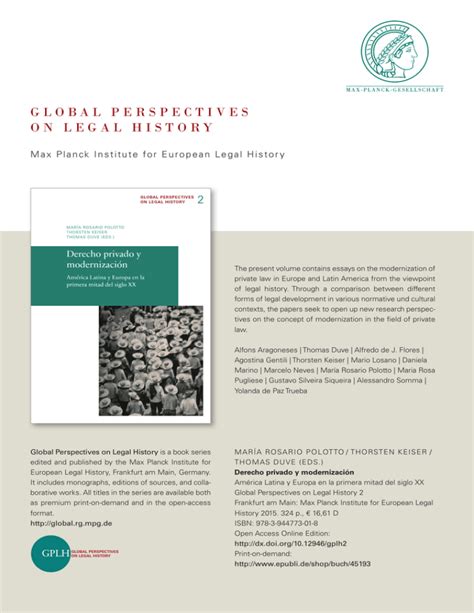Prostitution in Northern Central India – An Ethnographical Study

Socio-economic and Cultural Factors

Prostitution in northern Central India is driven by poverty, lack of education, and social marginalization. Studies highlight how these factors contribute to the prevalence of the trade, with many women entering the profession out of necessity rather than choice.
Challenges Faced by Sex Workers

Sex workers face significant challenges in accessing healthcare and legal support, making them vulnerable to exploitation. Legal frameworks and law enforcement efforts often fail to address these issues effectively, leaving many without protection.
Health and Safety Concerns
Reports emphasize the need for improved healthcare services and safer working conditions for sex workers. Public health challenges, including the spread of STIs, are exacerbated by stigma and marginalization.
Global Perspectives and Legal Debates

Regulations on prostitution vary widely across countries, with some nations legalizing the trade while others maintain strict prohibitions. Debates over legalization versus criminalization continue, reflecting differing cultural attitudes and policy priorities.
Efforts to Combat Illegal Activities
Law enforcement operations, such as raids and sting operations, aim to curb illegal drug cultivation and distribution. These efforts also target human trafficking, emphasizing the need to protect vulnerable populations.
Cultural and Historical Contexts

Prostitution has been documented in various cultural and historical contexts, from ancient civilizations to modern societies. Literary works and documentaries often portray the trade as a reflection of societal issues such as inequality and exploitation.
Advocacy and Support
Organizations and initiatives advocate for the rights of sex workers, pushing for decriminalization and better working conditions. These efforts aim to empower women and reduce stigma associated with the trade.
*TAGS* – Prostitution, Sex Workers, Socio-economic Factors, Healthcare Access, Legal Reforms, Human Trafficking, Cultural Attitudes, Exploitation, Stigma, Marginalization, Global Regulations, Illegal Activities, Advocacy, Empowerment